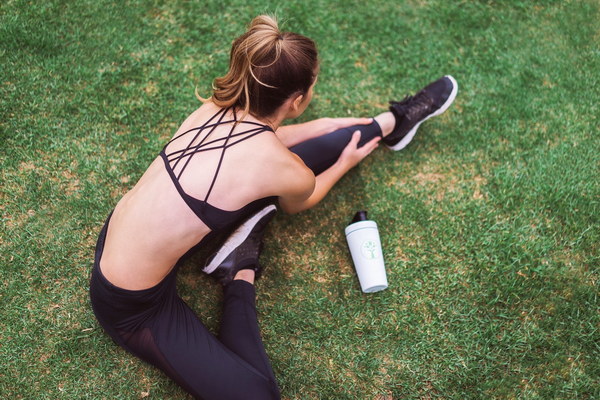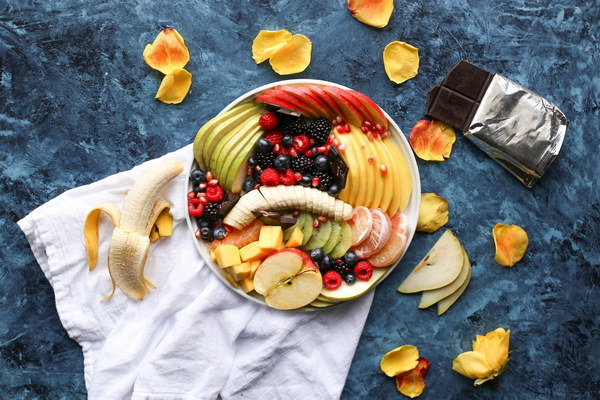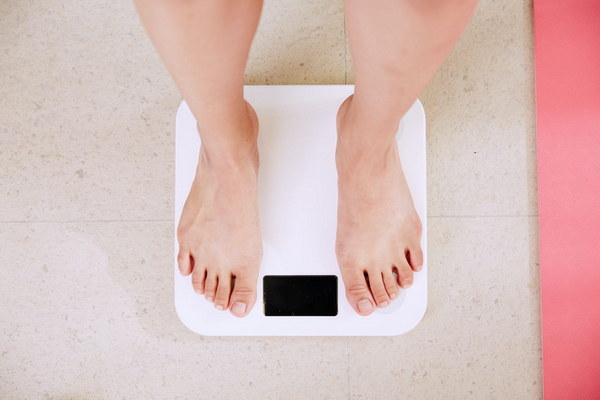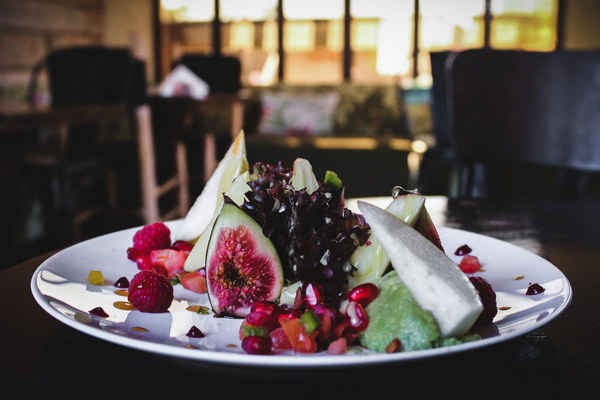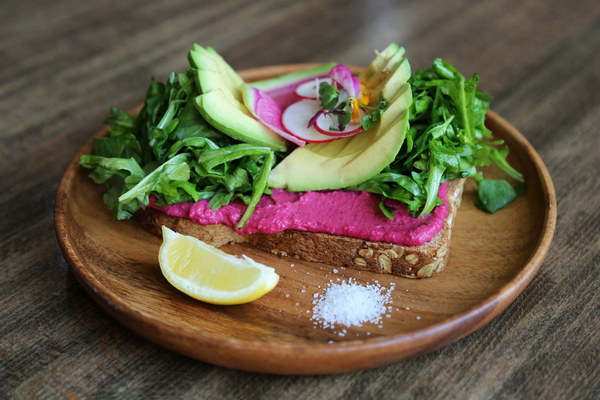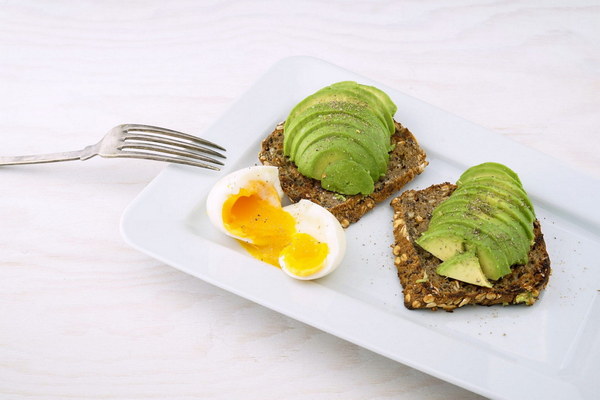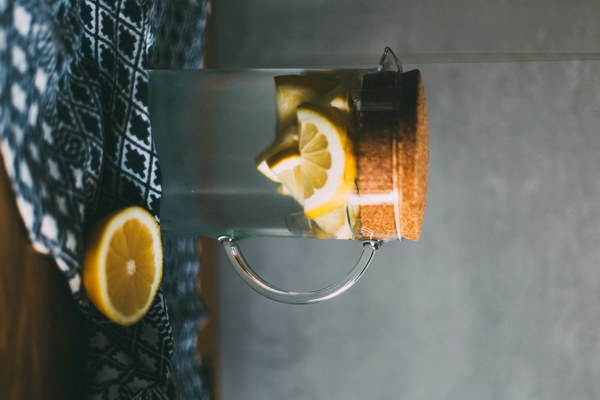Beauty 101 Your Ultimate Guide to Skincare FAQs
Beauty 101: Your Ultimate Guide to Skincare FAQs
Navigating the world of skincare can sometimes feel like trying to decipher a complex code. With countless products, ingredients, and trends, it's no wonder many of us have questions. Fear not! We've compiled a list of the most frequently asked questions about beauty and skincare to help you navigate your routine with confidence.
Q: What's the best way to cleanse my skin?
A: The key to a good skincare routine starts with a thorough cleanse. Choose a cleanser that matches your skin type (oily, dry, combination, or sensitive) and use it twice a day—morning and night. Gently massage the cleanser into your skin in a circular motion, then rinse with lukewarm water. Avoid hot water as it can strip your skin of its natural oils.
Q: Should I use a toner?
A: Yes, toners play an important role in skincare. They help to remove any remaining traces of dirt, oil, and impurities that your cleanser might have missed. Plus, they can balance the pH levels of your skin and prepare it for the next steps in your routine. Look for a toner that suits your skin type and contains ingredients like witch hazel, hyaluronic acid, or glycolic acid for added benefits.
Q: How often should I exfoliate?
A: Exfoliation is essential for removing dead skin cells and promoting cell turnover. The frequency of exfoliation depends on your skin type. Sensitive skin may benefit from using a gentle exfoliant once or twice a week, while oilier skin types can handle a bit more. If you're using a physical exfoliant (like a scrub), limit it to a few times a week to avoid over-exfoliating, which can irritate the skin.
Q: What's the difference between serums and moisturizers?
A: Serums are concentrated formulas designed to deliver active ingredients directly to the skin. They are typically thinner in consistency than moisturizers and are best used after cleansing and toning. Serums can target specific concerns like wrinkles, hyperpigmentation, or acne. Moisturizers, on the other hand, provide hydration and act as a barrier to protect the skin. They come in various textures and can contain ingredients like hyaluronic acid, ceramides, or shea butter.
Q: Can I use makeup with acne-prone skin?
A: Absolutely! There are many products formulated for acne-prone skin that won't clog pores or exacerbate breakouts. Look for non-comedogenic makeup, which is labeled as oil-free and won't cause breakouts. Opt for lightweight foundations and powders that won't sit on your skin and cause irritation.
Q: How do I prevent wrinkles?
A: Preventing wrinkles involves a combination of skincare and lifestyle habits. Use sunscreen daily to protect your skin from UV damage, which is a major cause of premature aging. Incorporate retinol or vitamin C serums into your routine to promote collagen production and even out skin tone. Stay hydrated, eat a balanced diet rich in antioxidants, and get enough sleep to keep your skin looking youthful.

Q: What are essential oils good for in skincare?
A: Essential oils can offer a variety of benefits when used in skincare. Lavender is known for its calming properties and can help with acne and inflammation. Tea tree oil is a powerful antiseptic that can treat acne and blemishes. Frankincense can improve skin elasticity and reduce the appearance of scars. Always dilute essential oils with a carrier oil before applying them directly to the skin to avoid irritation.
By understanding the basics of skincare and addressing common questions, you can create a personalized routine that caters to your skin's needs. Remember, it's all about finding the right balance and being consistent with your routine. Keep experimenting until you find what works best for you!
